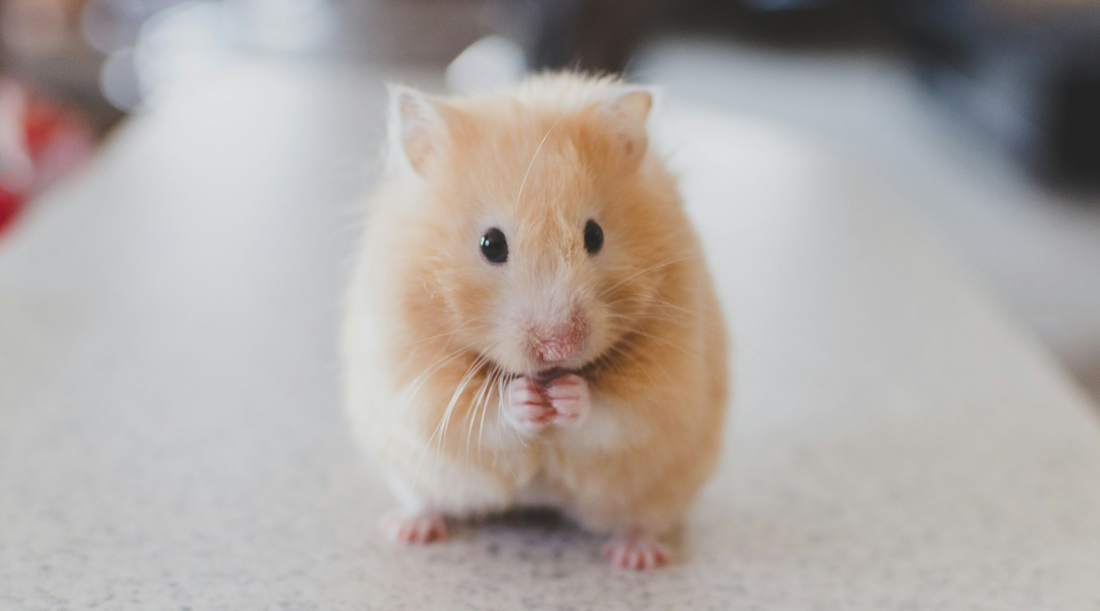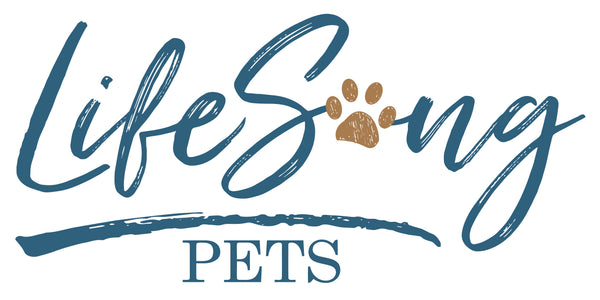
Vet-Recommended Pet Dental Care: Ensuring Your Pet's Oral Health
LifeSong StaffPets are more than just animals; they are beloved members of our families. Like us, they require regular dental care to maintain their overall health and well-being. Dental disease is one of the most common health issues in pets, affecting up to 80% of dogs and 70% of cats by the age of three. Regular veterinary dental care is crucial in preventing these issues and ensuring that our furry friends live long, healthy lives.
Understanding Pet Dental Disease
Dental disease in pets typically begins with the buildup of plaque, a sticky film of bacteria that forms on the teeth. If not removed, plaque hardens into tartar, which can lead to gum inflammation (gingivitis) and periodontal disease. Periodontal disease is a serious condition that can cause pain, tooth loss, and infection, potentially leading to systemic issues affecting the heart, liver, and kidneys.
Signs of Dental Disease in Pets
Pet owners should be vigilant for signs of dental disease, including:
- Bad breath (halitosis)
- Red or swollen gums
- Yellow or brown tartar buildup on teeth
- Difficulty eating or loss of appetite
- Pawing at the mouth or face
- Loose or missing teeth
- Drooling excessively
If any of these signs are present, a visit to the veterinarian is essential for a thorough dental examination and treatment plan.
The Importance of Regular Veterinary Dental Checkups
Regular veterinary dental checkups are vital for early detection and prevention of dental disease. Veterinarians recommend annual dental exams for most pets, though some may require more frequent visits depending on their oral health status and breed predisposition.
During a dental exam, the veterinarian will:
- Conduct a thorough visual inspection of the pet's mouth, teeth, and gums.
- Perform dental X-rays to assess the health of the tooth roots and jawbone, as many dental issues are not visible above the gumline.
- Scale and polish the teeth to remove plaque and tartar buildup.
- Extract any diseased or damaged teeth if necessary.
At-Home Dental Care for Pets
While regular veterinary checkups are crucial, pet owners also play a significant role in maintaining their pet's dental health through consistent at-home care. Here are some vet-recommended tips for at-home dental care:
Brushing Your Pet's Teeth
Brushing your pet's teeth is the gold standard for at-home dental care. Here’s how to do it effectively:
- Start Slowly: Introduce the brushing process gradually, allowing your pet to get used to the sensation.
- Use Pet-Specific Toothpaste: Never use human toothpaste, as it can be toxic to pets. Choose a pet-specific toothpaste with a flavor your pet enjoys.
- Select the Right Toothbrush: Use a toothbrush designed for pets, which may be a finger brush or a specially designed pet toothbrush with soft bristles.
- Brush Gently: Gently lift your pet's lips and brush in circular motions, focusing on the gumline where plaque and tartar accumulate.
Daily brushing is ideal, but even brushing a few times a week can significantly reduce plaque and tartar buildup.
Dental Chews and Treats
Dental chews and treats can help reduce plaque and tartar accumulation. These products are specially formulated to clean teeth and massage gums while your pet chews. Look for products approved by the Veterinary Oral Health Council (VOHC), which ensures they meet specific standards for effectiveness.
Dental Diets
Certain pet foods are designed to promote dental health. These dental diets often have a larger kibble size and a texture that helps clean teeth as the pet chews. Consult your veterinarian to determine if a dental diet is appropriate for your pet.
Water Additives and Oral Rinses
Water additives and oral rinses can be added to your pet's drinking water or used directly in their mouth to help reduce bacteria and freshen breath. These products should be used in conjunction with, not as a replacement for, brushing and professional dental care.
Professional Dental Cleanings
Even with diligent at-home care, pets will still need professional dental cleanings performed by a veterinarian. These cleanings are done under general anesthesia to ensure the pet's safety and comfort. During a professional cleaning, the veterinarian will:
- Perform a Comprehensive Oral Exam: Evaluate the pet's overall oral health and identify any issues that need attention.
- Scale and Polish Teeth: Use specialized instruments to remove plaque and tartar from above and below the gumline, and polish the teeth to smooth out any rough surfaces.
- Perform Necessary Dental Procedures: Extract any diseased teeth, treat infections, and address other dental issues as needed.
Preventive Measures and Tips
To further promote your pet's dental health, consider the following preventive measures:
- Regular Checkups: Schedule annual dental exams and cleanings with your veterinarian.
- Healthy Diet: Feed your pet a balanced diet that supports overall health, including dental health.
- Chew Toys: Provide safe, durable chew toys that help clean teeth and keep gums healthy.
- Monitor Oral Health: Regularly check your pet's mouth for any signs of dental issues and consult your veterinarian if you notice any changes.
Conclusion
Veterinary-recommended dental care is essential for maintaining your pet's oral and overall health. Regular veterinary checkups, combined with consistent at-home care, can prevent dental disease, reduce pain and discomfort, and enhance your pet's quality of life. By taking proactive steps to care for your pet's teeth, you can ensure they remain healthy, happy, and free from dental issues. Remember, a healthy mouth contributes to a healthy pet, and investing in dental care today can lead to a longer, happier life for your furry friend.
